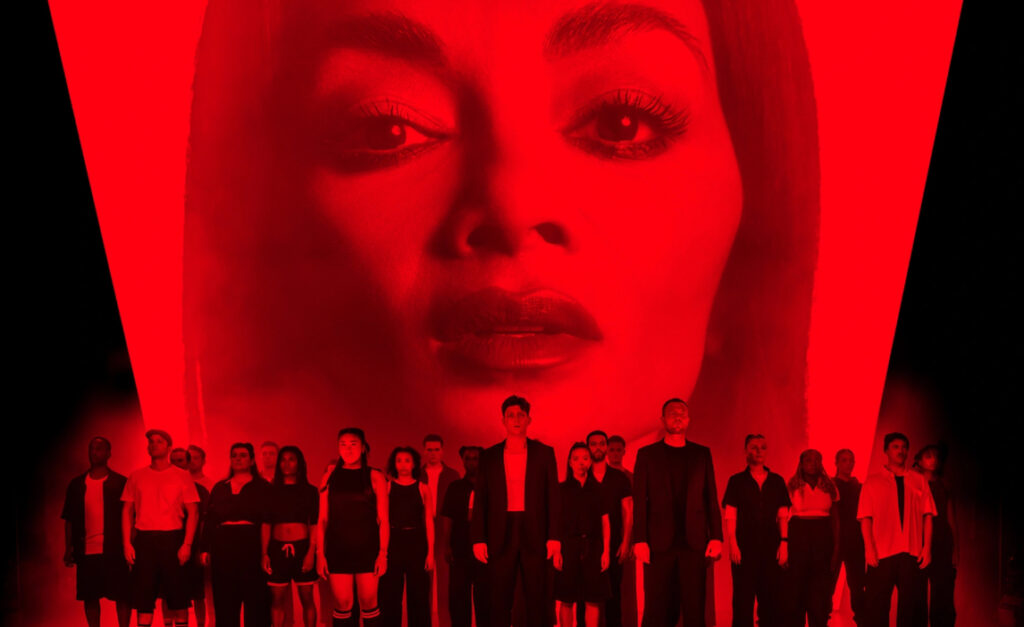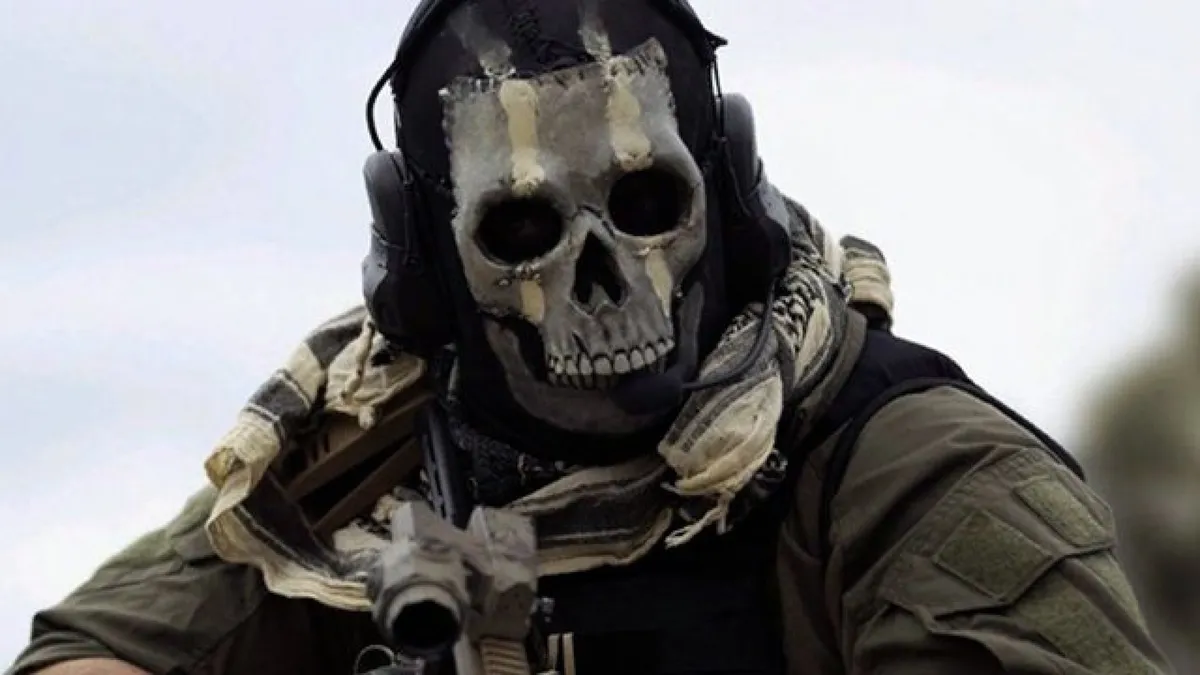As the curtain rises and the audience is enveloped in the opulent, decaying world of Norma Desmond’s mansion, Nicole Scherzinger emerges, draped in a flowing, glittering gown that reflects the remnants of her former glory. The stage is awash with a darkened background in savored sense for a single spotlight that isolates Norma from the rest of the world—symbolic of the isolation that has consumed her life.
Scherzinger’s entrance is nothing short of electric. She moves with the deliberate grace of someone who has rehearsed every step, every gesture, for years—each movement a choreographed dance of vanity and vulnerability. Her eyes, heavy with mascara and decades of disappointment, scan the imaginary audience of her mind, seeking validation that no longer exists. The air is thick with nostalgia and desperation, and you can almost hear the echoes of her silent film past whispering through the rafters.
When she speaks, her voice carries the weight of time. “I am big. It’s the pictures that got small,” she declares, her words dripping with both bitterness and pride. There’s a fragile tremor beneath her bravado, and it becomes evident that this larger-than-life persona is a mask—one that is starting to crack under the pressure of reality. Scherzinger’s delivery of this line is a masterclass in subtlety, as she reveals the duality of Norma Desmond: a woman who is both a relic of the past and a tragic figure clinging desperately to relevance.
As the story unfolds, Scherzinger’s Norma vacillates between moments of grandiosity and chilling vulnerability. In scenes where she plots her comeback, her confidence is so palpable that the audience almost believes in her delusions—until they catch the flicker of fear in her eyes, the fleeting cover of any doubt that crosses her face. When she interacts with Joe Gillis, the young screenwriter trapped in her web, the chemistry is electric. There’s an unsettling tension between them, as Scherzinger portrays Norma’s desperate need for both love and control. She is at once seductive and suffocating, her affection tainted by an undercurrent of possessiveness that hints at the darkness to come.
One of the most powerful moments arrives during the infamous scene where Norma descends her grand staircase, believing she’s about to return to the silver screen. Scherzinger’s performance here is nothing short of breathtaking. As she glides down the steps, her face is a mask of serene, almost divine calm. But her eyes—those haunted, searching eyes—tell a different story. They reveal a woman on the brink of madness, teetering between reality and fantasy. The audience holds its breath, mesmerized by the tragic beauty of it all. In this moment, Scherzinger’s Norma is not just a character; she is a living, breathing metaphor for the destructive nature of fame.
By the time the final scene arrives, and Norma delivers her chilling last line, “All right, Mr. DeMille, I’m ready for my close-up,” Scherzinger has taken the audience on a harrowing journey. Her transformation from a faded starlet to a delusional recluse is complete, and the final image of her face, bathed in stark light, lingers long after the curtain falls.
Scherzinger’s portrayal of Norma Desmond is a triumph—one that digs deep into the character’s psyche, exposing the raw wounds of a life spent in pursuit of an unattainable dream. It’s a performance that redefines the role for a new generation, ensuring that this production of “Sunset Blvd.” will be remembered as one of the most compelling and emotionally resonant in recent memory.
No comments yet.







